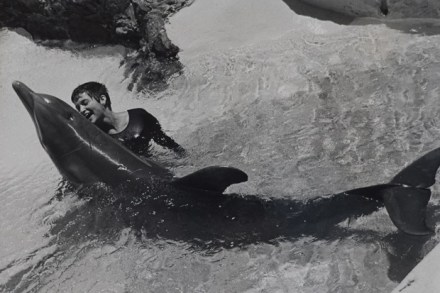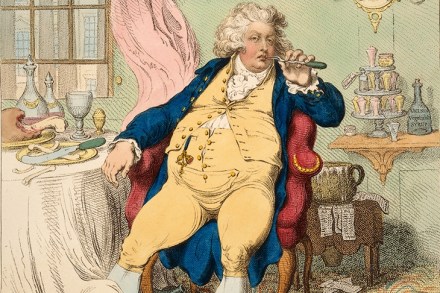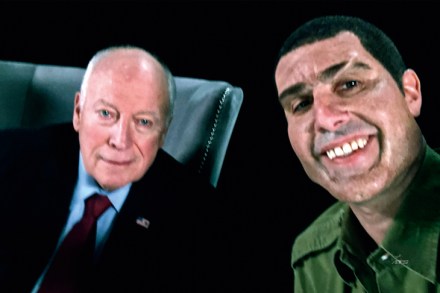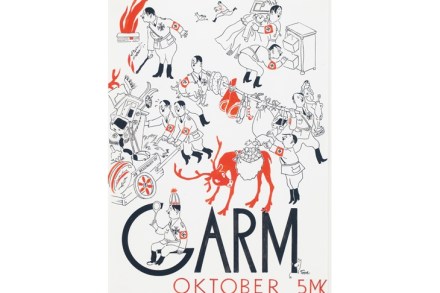Scholars and spectres: The Runes Have Been Cast, by Robert Irwin, reviewed
It could be said that the power of a horror story depends on the possibility, however minute, of it being true. This is partly why so many masters of the genre, from Bram Stoker to Robert Louis Stevenson, have given their narratives the semblance of believability by including epistolary passages, ‘found’ documents and the commentaries of ‘editors’ in their books. In The Runes Have Been Cast, Robert Irwin takes the opposite approach, writing in a prologue: Should any of my readers incline to a serious study of the subject of this book, it is only right to urge them most strongly to refrain from being drawn into the practice of

















